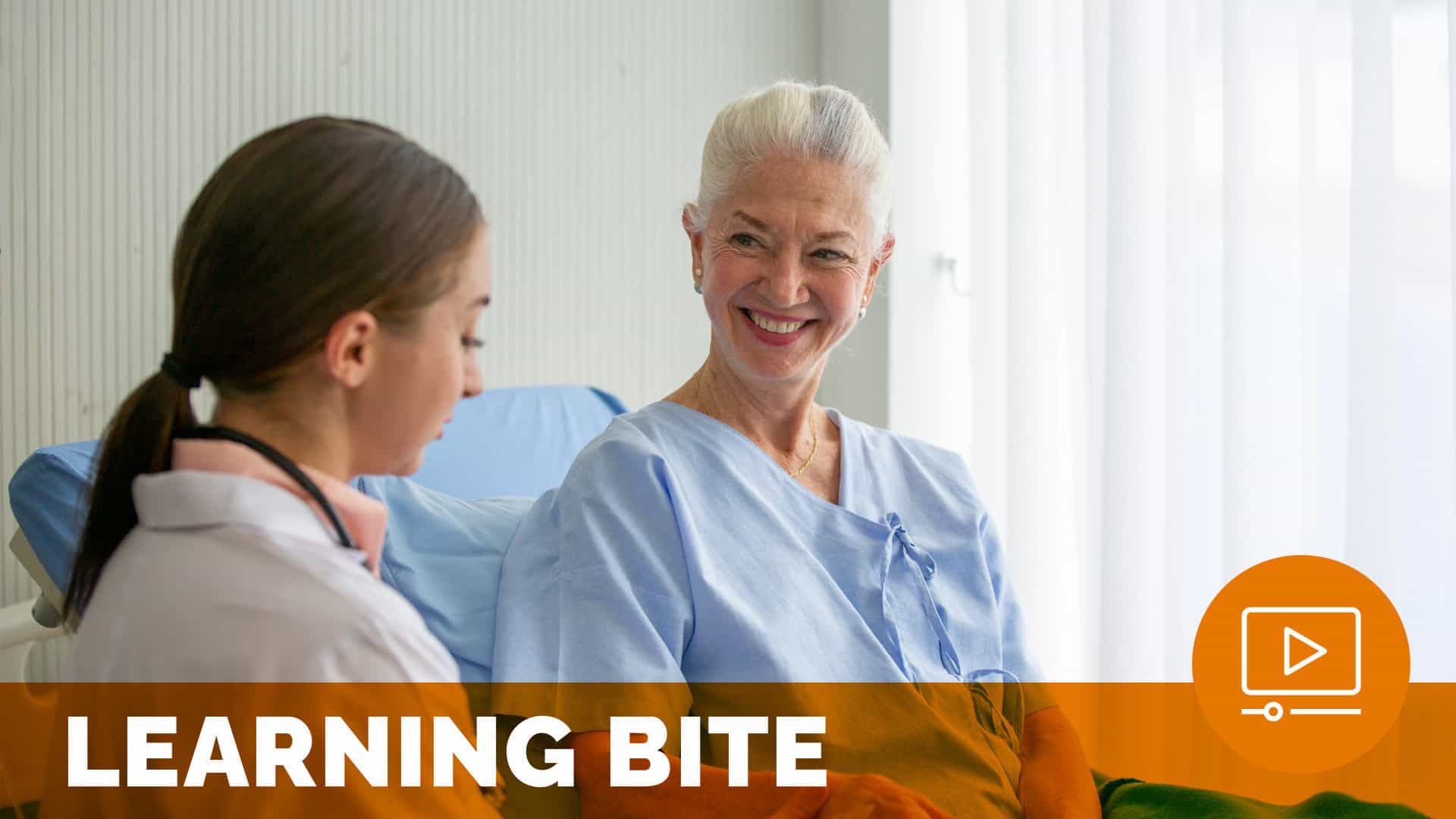Escalating Patient Behavior: Know Before You Go
Published October 5, 2023


Knowing the backstory of a disruptive person’s journey to the hospital can help guide response plans when the patient acts out. “Know Before You Go” emphasizes the importance of understanding all the facts of a patient’s story before taking drastic measures to handle inappropriate behaviors. Learn the three things you can change in your processes to address patient behavioral issues through a lens of human experience.
Related content
-
Patient Family & Community Engagement | Staff & Provider Engagement
What Does Excellent Look Like?
Published July 15, 2025

This webinar explores how connection and communication directly impact the human experience in healthcare. Through the lens of “What Does Excellent Look Like?”, we’ll share a practical staff activity that uses a communication framework to identify and reinforce behaviors that reflect excellence. Participants will learn how to define effective versus ineffective communication, discuss what “excellence”
Learn more -
Patient Family & Community Engagement
We’re all patients, or we’re about to be
Published June 19, 2025

Jason Wolf, President and CEO of The Beryl Institute, speaks with Jennifer Bright, MPA, President of the International Consortium for Health Outcomes Measurement (ICHOM). In this insightful conversation, Jennifer shares her personal journey and passion for transforming healthcare. Together, they explore the vital role of patient centricity and why embracing a global perspective is essential
Learn more -
Patient Family & Community Engagement
Making Volunteer Data Meaningful: Driving Patient Experience Outcomes
Published November 23, 2025

Volunteers play a crucial role in the patient experience, but their impact can remain unseen without the right data. In this PXLB, Roseanna Galindo shares how a simple data strategy can transform volunteer efforts from anecdotal support into measurable, strategic value. She offers quick, practical steps to start small, track what matters, and ensure volunteer
Learn more
